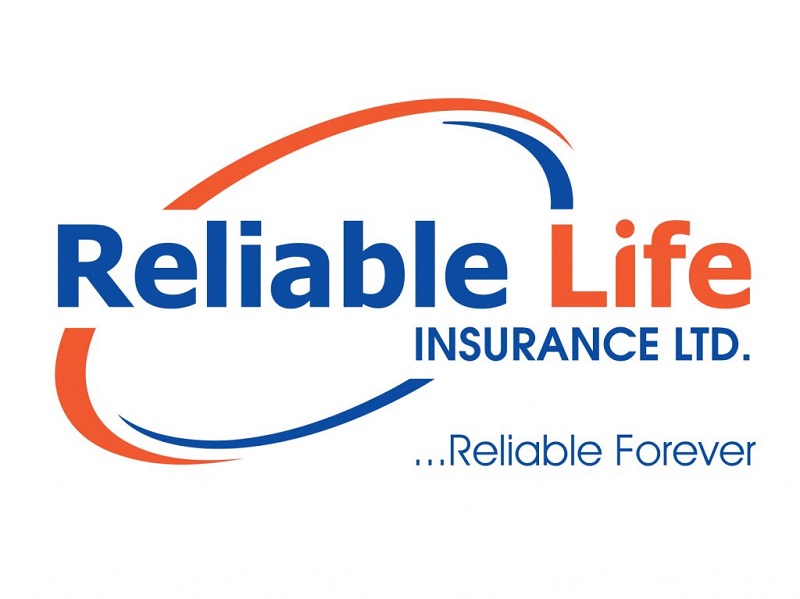Nepal Rastra Bank Dishonored Cheque Blacklisting Policy 2025: Stricter Rules & Enforcement
11th July 2025, Kathmandu
In a major policy update, Nepal Rastra Bank (NRB) has taken a tough stance on dishonored cheques. On July 11, 2025, the central bank amended the Unified Directive 2081, introducing a stricter blacklisting process to address the growing issue of bounced cheques in Nepal’s banking system.
NRB Dishonored Cheque Blacklisting Policy
Dishonored Cheques Now Lead to Immediate Blacklisting
According to the revised directive, if a cheque is dishonored due to insufficient balance or no balance in the account, the issuer — whether an individual, firm, company, or institution — will be immediately blacklisted. Furthermore, even if the account has sufficient funds, cheques that are returned for reasons other than verifiable discrepancies in cheque details will also be treated as dishonored and subject to blacklisting.
Deadline For Complaint Filing Set At Six Months
NRB has outlined a clear process for initiating blacklisting:
The cheque holder must submit a formal request to the concerned bank or financial institution within six months from the date of dishonor certification.
The bank must then inform the Credit Information Center (CIC) within five working days of receiving the request.
This ensures timely action and prevents prolonged misuse of cheque facilities.
Issuer Gets 7 Days To Clear Dues
Before blacklisting, the bank must give the cheque issuer a 7-day window (excluding public holidays) to make the payment. During this period, the cheque issuer can pay the due amount and avoid being added to the blacklist.
If the payment is not made within the deadline, and if the cheque holder insists, the bank must forward the issuer’s details to the Credit Information Center to include them on the blacklist.
Stricter Enforcement For All Parties Involved
The amended directive applies not only to individuals who sign the cheque but also to associated parties like business partners and company representatives. They too will be blacklisted if found responsible for the dishonored cheque.
Additionally, banks are required to certify all dishonored cheques, even if the issuer does not voluntarily disclose the problem. This ensures that no bounced cheque goes unreported.
Valid Reasons For Returning Cheques Must Be Proven
If a cheque is returned due to technical reasons or incorrect details, the bank must verify the issue. If the cheque details can’t be matched or proven valid, the issuer still risks blacklisting, regardless of account balance.
The policy puts the burden on the cheque issuer to ensure that all details are correct and that funds are available at the time of issuance.
Blacklisted Individuals Can Be Removed If They Settle Dues
NRB’s updated policy also provides a pathway for removal from the blacklist. If:
The issuer pays the cheque amount,
Or deposits the amount in a designated holding account,
Or signs a formal settlement agreement under prevailing laws,
…then the concerned bank or financial institution can recommend their removal from the blacklist.
The bank must send the recommendation to the Credit Information Center within 3 days of receiving payment or settlement confirmation. The Credit Information Center must then update records and remove the blacklisted name within 3 working days.
Enhanced Oversight To Strengthen Cheque Transactions
The directive falls under the “Procedure for Verifying Dishonored Cheques, 2082”, which mandates that:
All dishonored cheques must be backed by a written certification.
Complaints must be filed within six months of the dishonor.
Banks must act within 5 days upon receipt of the request.
A 7-day notice period must be provided before blacklisting.
Payment or settlement clears the path for name removal from the blacklist.
NRB Aims To Restore Trust In Cheque-Based Transactions
With these updates, Nepal Rastra Bank has made it clear that dishonored cheques will no longer be taken lightly. The central bank aims to increase discipline, accountability, and trust in the country’s cheque-based payment system.
This move is expected to reduce cheque misuse, encourage responsible financial behavior, and enhance overall credit discipline in Nepal’s financial system.
For more:- NRB Dishonored Cheque Blacklisting Policy







